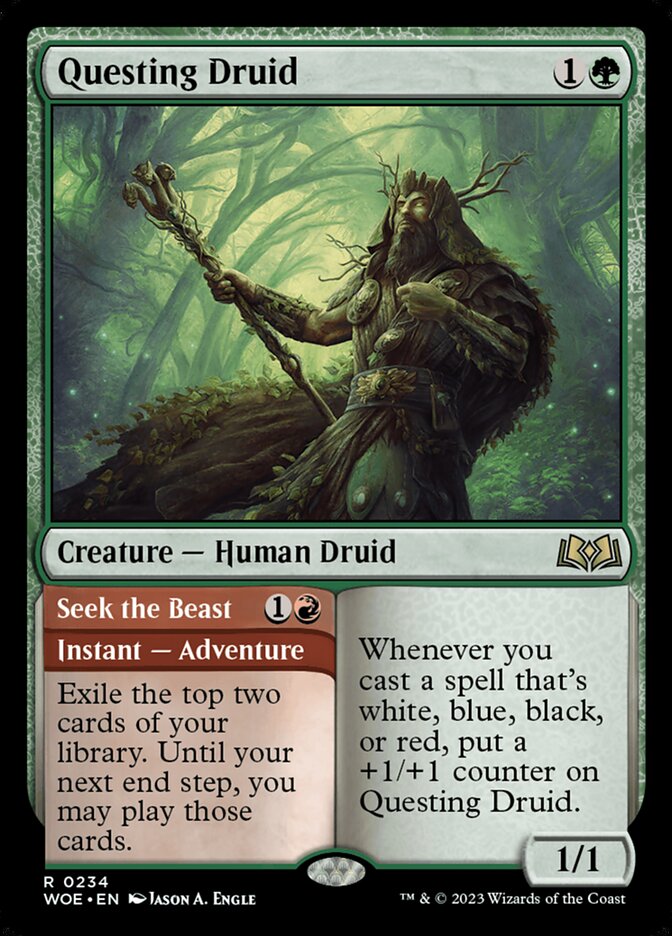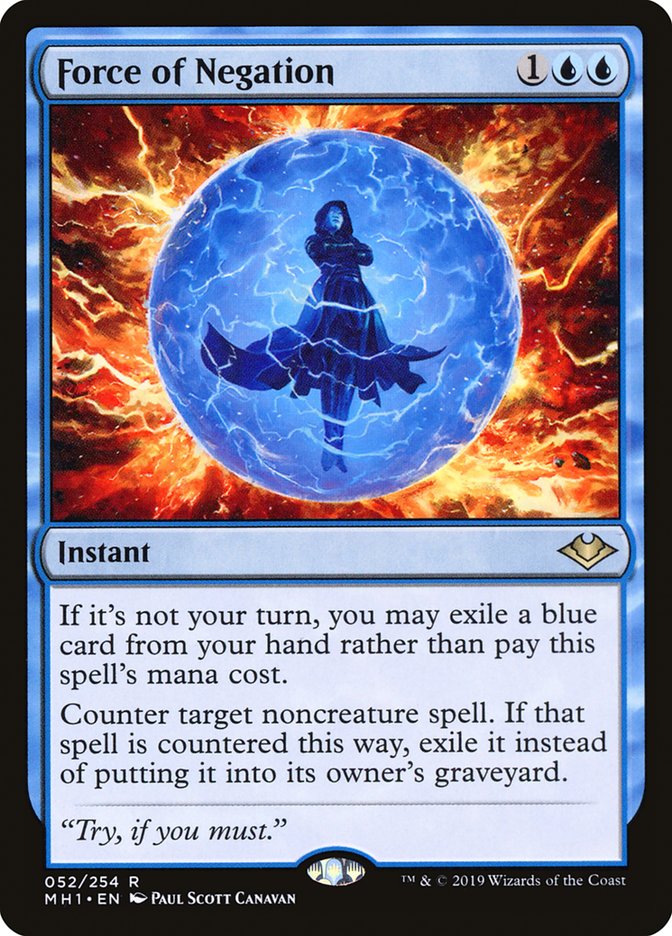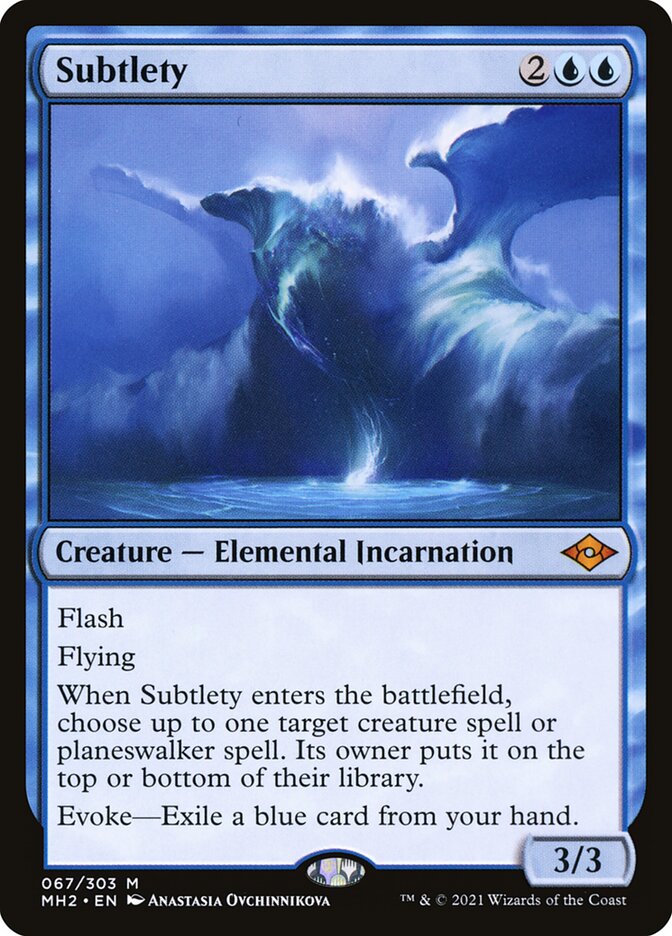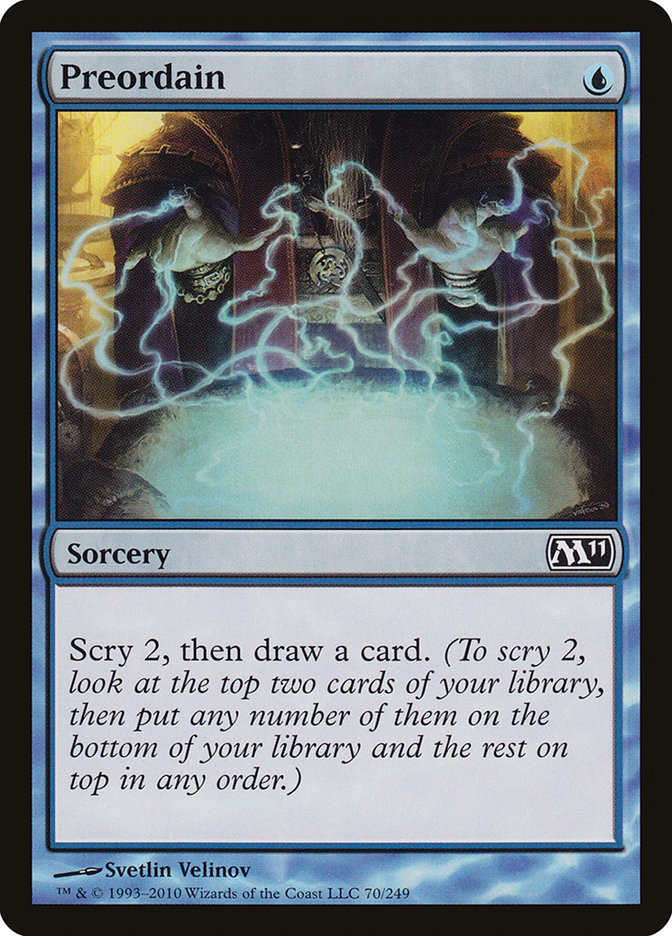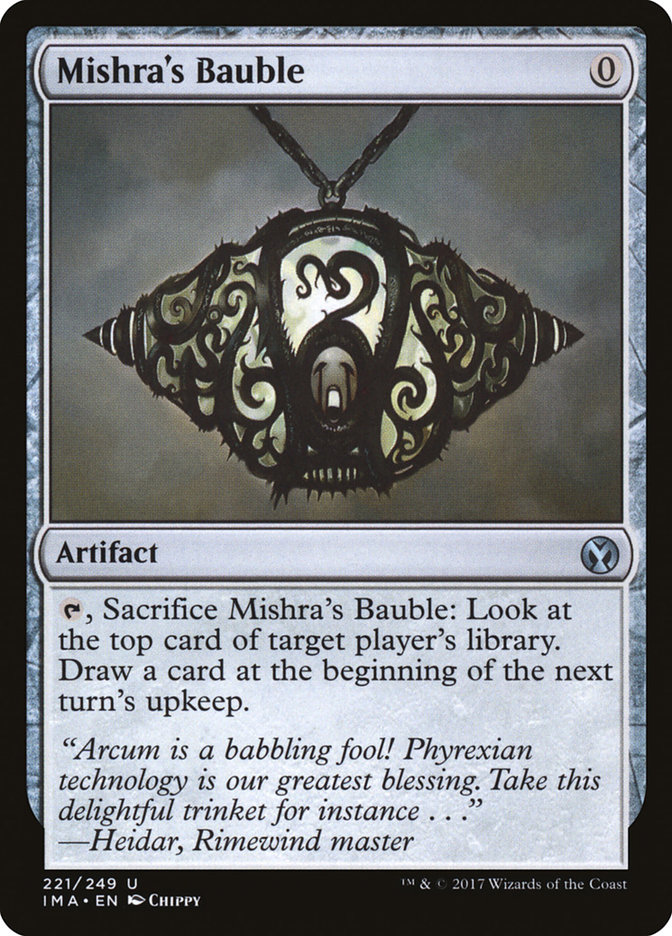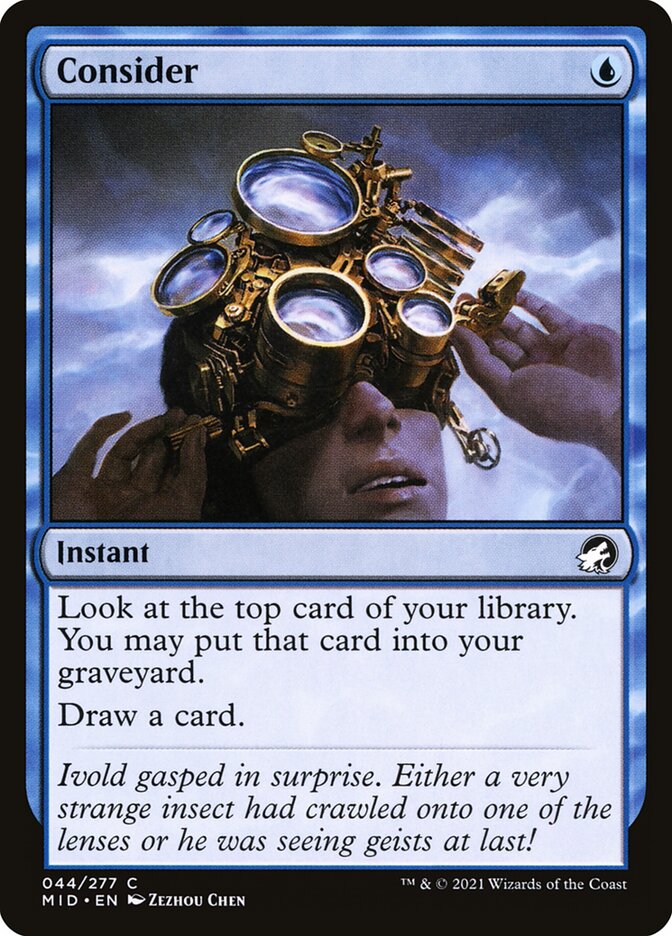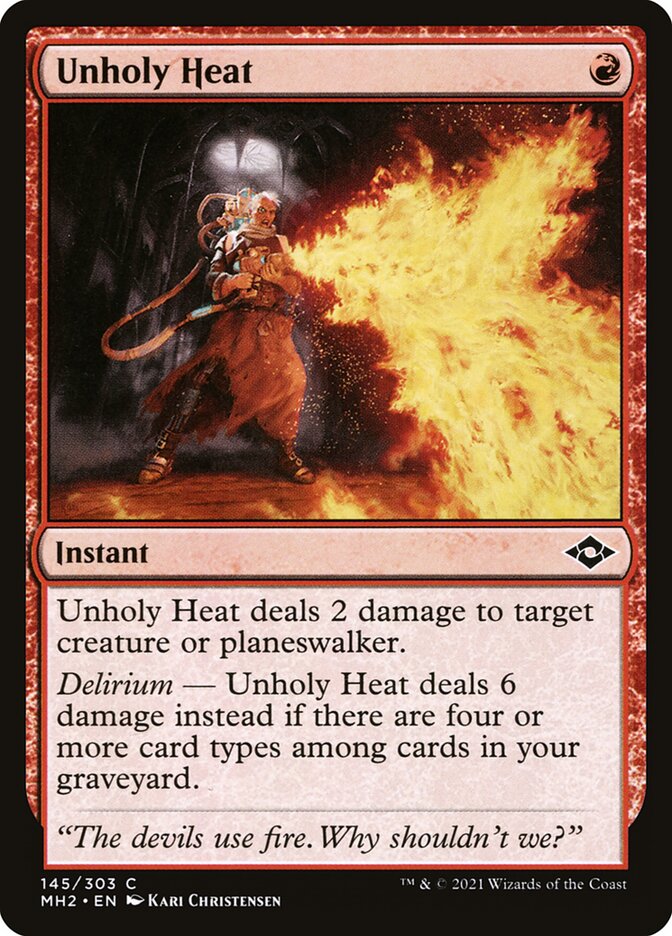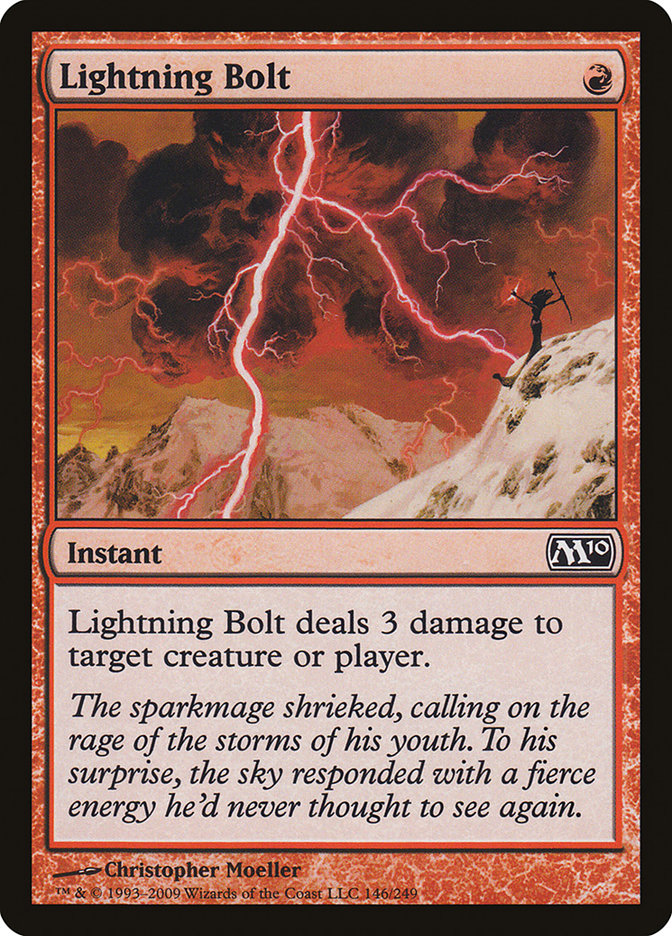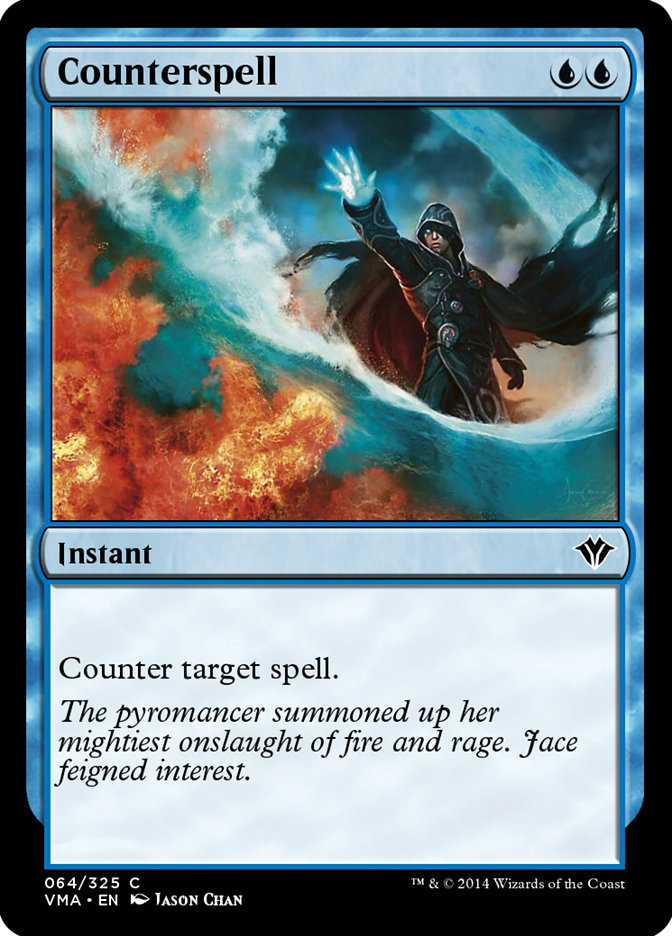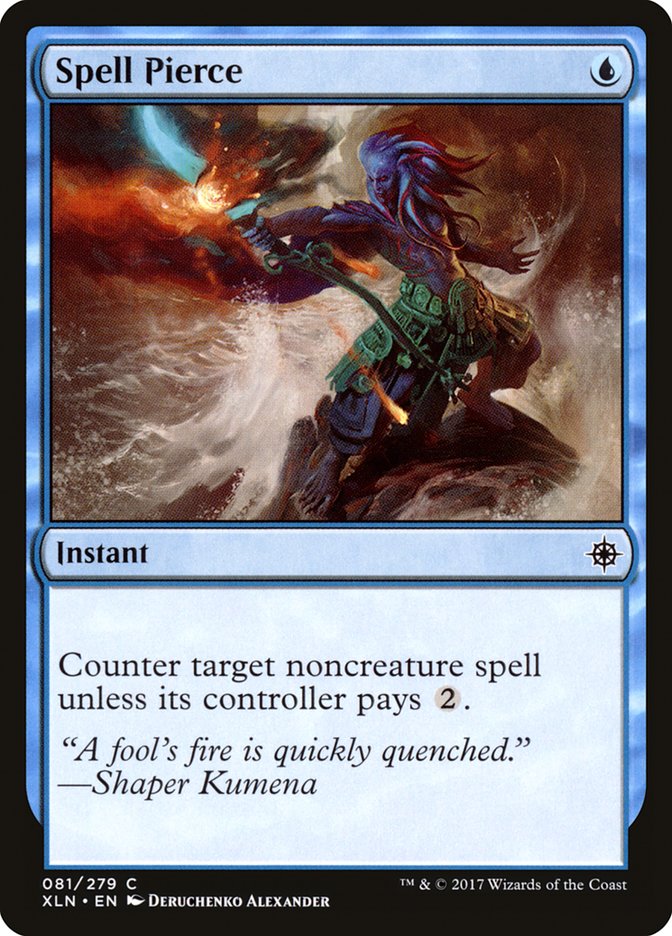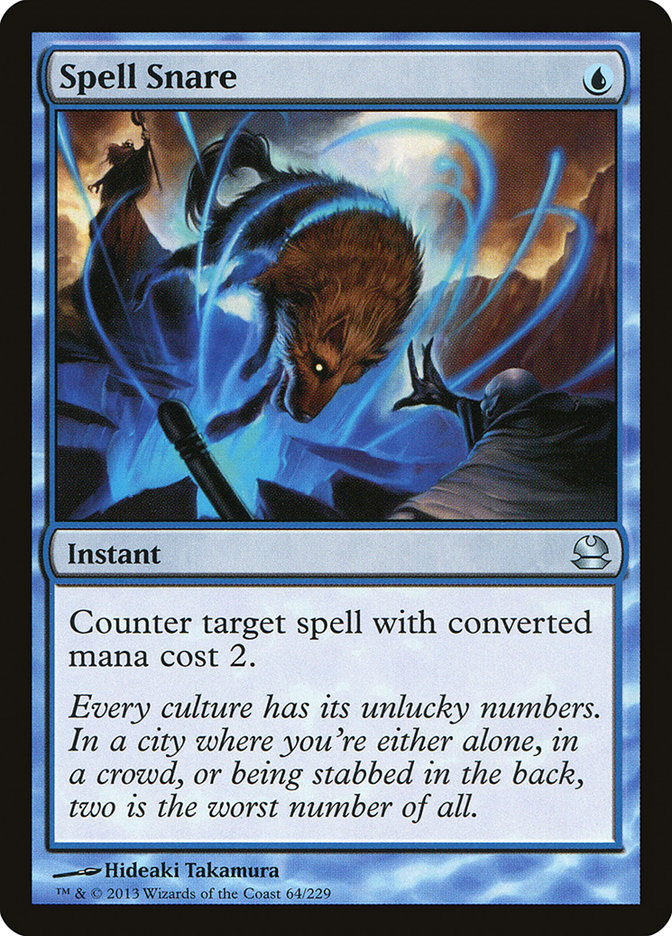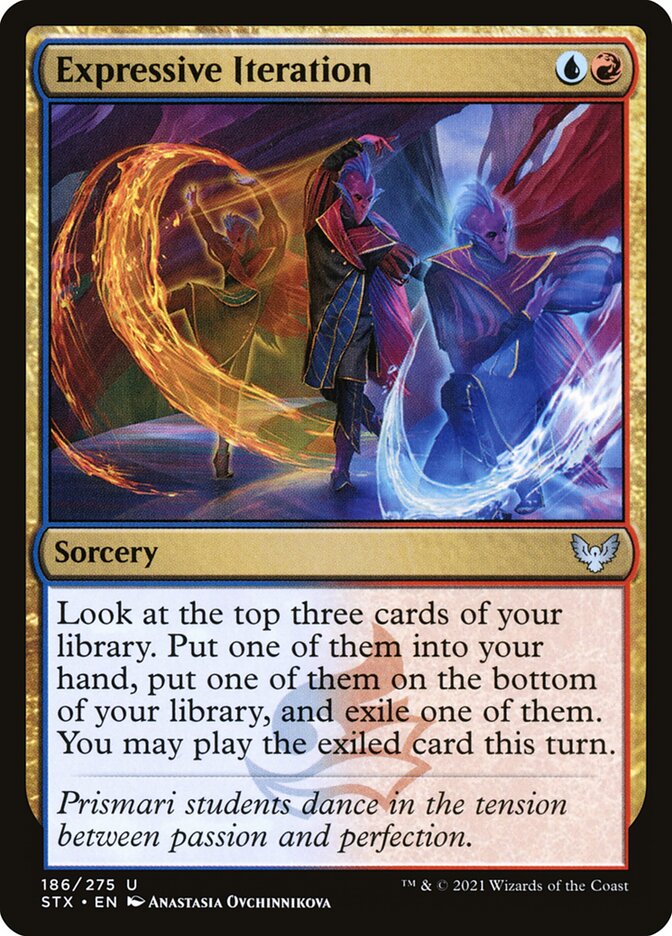Modern Temur Druid Guide
Introduction
Izzet Murktide has been the top dog of the Modern format for a long time now. It has had its ups and downs, but it has never really stopped being a deck that you need to respect.
The unbanning of Preordain breathed new life into the deck, considerably increasing its consistency. It seemed even possible to make the deck more cohesive! This impacted deckbuilding, allowing for the use of one-ofs even more freely and making the deck overall stronger.
As far as I'm concerned, the best version of the deck is not a pure blue-red variant but one that splashes green for Questing Druid. This card had its first breakout weekend in the hands of none other than Andrea Mengucci, who made it to Day 2 at LMS Sofia with a 7-2 record. In this article, I want to talk about the deck as a whole and also delve into the specifics of why the Druid is the way to go, in my opinion, and at what cost.
The Decklist

| Creature [15] | ||
|---|---|---|
| 4 Dragon's Rage Channeler | $1.79 | |
| 2 Subtlety | $22.99 | |
| 4 Ragavan, Nimble Pilferer | $49.99 | |
| 3 Questing Druid | $4.99 | |
| 2 Murktide Regent | $17.99 | |
| Artifact [4] | ||
|---|---|---|
| 4 Mishra's Bauble | $0.79 | |
| Instant [16] | ||
|---|---|---|
| 1 Consider | $0.99 | |
| 4 Unholy Heat | $0.35 | |
| 3 Lightning Bolt | $1.29 | |
| 4 Counterspell | $1.99 | |
| 2 Spell Pierce | $0.59 | |
| 2 Spell Snare | $0.59 | |
| Sorcery [8] | ||
|---|---|---|
| 4 Preordain | $1.49 | |
| 4 Expressive Iteration | $0.79 | |
| Land [17] | ||
|---|---|---|
| 4 Spirebluff Canal | $4.99 | |
| 3 Misty Rainforest | $21.99 | |
| 3 Steam Vents | $17.99 | |
| 2 Island | $0.01 | |
| 4 Flooded Strand | $29.99 | |
| 1 Breeding Pool | $19.99 | |
| Sideboard [15] | ||
|---|---|---|
| 2 Spell Pierce | $0.59 | |
| 3 Stern Scolding | $0.69 | |
| 2 Engineered Explosives | $11.99 | |
| 2 Dress Down | $1.79 | |
| 1 Alpine Moon | $2.29 | |
| 2 Blood Moon | $7.99 | |
| 1 Brotherhood's End | $7.49 | |
| 2 Force of Negation | $44.99 | |
 $236.96 Tix @cardhoarder
$236.96 Tix @cardhoarder
 $5.92 / Week @cardhoarder
$5.92 / Week @cardhoarder
 $597.03 @tcgplayer
$597.03 @tcgplayer
 $731.33 @cardkingdom
$731.33 @cardkingdom
Why Druid?
Let me break down the advantages and disadvantages of adding Questing Druid to your Murktide list.
The Pros
The most glaring upside is being able to play more than 4 Expressive Iterarion-esque effects. Seek the Beast does a really good impression of what you’re used to with Iteration. Having more raw card advantage comes up in matchups like 4c Omnath, the mirror, or Azorius Control.
Having more card advantage translates into different approaches to various matchups. If you know you can gas up easily, you'll assume a control role more frequently against creature strategies, knowing you can overload on interaction and eventually pull ahead. That's in contrast to versions which have to kill the opponent, since they can't physically grind through everything. In the mirror, for example, when I play against non-Druid versions, I am very happy to keep creature-light hands with a ton of interaction, knowing I'll pull ahead at some point.
On top of that, Seek the Beast is an instant that complements our main plan. You pass the turn with Counterspell up, but the opponent doesn't play into it. In the past, you would either play Consider or just untap—wasting precious mana and tempo. Here, you can go on an adventure and *punish* the opponent for letting you do it, which puts opponents into a much tighter squeeze.
Last but not least, you also get a creature! You get card advantage early, and at your leisure, whenever an opportunity presents itself, you deploy this ever-growing threat. In a deck with so many cantrips and cheap spells, it'll reach double-digit power and toughness surprisingly fast.
In matchups that are very linear, such as against Titan or Tron, I tend to play it as early as turn two. This allows me to avoid having to tap out again while still being able to close out the game in just a few attacks.
The Cons
The first popular con is the manabase as you play Breeding Pool instead of Otawara or Island. Personally, I don’t think that is an issue in the slightest. When it comes to fetching patterns, your first couple of fetches will still get for instance two Steam Vents and an Island. Breeding Pool is far down the list. Druid as a creature is not necessarily an early play.
The second often-expressed complaint is that you don't really need that much card advantage in a format with few midrange or control decks. While I agree with the latter part, I wouldn't necessarily use the word 'need.' It's all about how you convert the card advantage. In my list above, you can see two Force of Negation and two Subtleties. I am very much willing to convert extra cards into tempo/interaction.
The last one is that you can’t really play Blood Moon or that you can get Mooned yourself. As far as I’m concerned, that’s a complaint that’s rooted in looking at how things seem on paper without taking a broader context into account. When you side in Moon against decks like Titan or Tron, you will try to fetch out two Islands in the early game which in conjunction with a red source produce a safe turn three Moon. You can do that pattern here as well! The difference between 2 and 3 Islands, if not fetched, is marginal. Being potentially unable to hardcast Druid is negligible since it’s all about Seek the Beast but Ragavan Treasures can make it happen either way.
---
All in all, I think Druid makes the deck better but it also plays out a tad different. It also affects deckbuilding with a stronger emphasis on interaction and free spells.
Card Choices
4 + 4 + 1 Cantrips
The deck runs the usual package of 4 Preordain and 4 Mishra’s Bauble to trigger surveil, get into your deck and finding whatever you need, but also provide extra card types for delirium. Cantrips increase the consistency immensely, ensuring that you can find those powerful sideboard cards in time.
They also alleviate the wrong-half problem where you’d draw too much removal against combo decks or not enough threats against ramp.
In this version, I run 1 Consider as an extension of this suite alongside just 17 lands. I’ve found that with Druid I see a big part of my deck every game which, naturally, translates into flipping over multiple lands in the mid-game. In order to mitigate flood a bit, I switched out a land for Consider which has been working out for me very well.
Interaction
The deck is full to the brim with interaction.
Here I run a relatively stock package of 7 removal spells, 4 of which are always Unholy Heat. The number of Lightning Bolt varies between 2 and 4, and currently I am on the perfect middleground - 3.
When it comes to fighting on the stack, Counterspell is this deck’s hallmark. Currently, it’s hands down the best counterspell deck. However, there is a lot of variety in other slots.
Spell Pierce is a frequent maindeck inclusion. Players include any number of copies between none at all and as many as legally permitted. Personally, I am a huge fan of Pierce, as it punishes combo decks, inefficient plays, and makes room for huge tempo swings like Piercing opposing Fable of the Mirror-Breaker or a big Chord of Calling.
Force of Negation is rarer than Pierce, as it’s either an expensive Negate (while Negate itself isn’t playable already) or a free counter at the cost of a card. I really like it for matchups where the number of cards doesn’t matter and it’s always about some specific cards like against Living End or Amulet Titan.
Spell Snare is a fan favourite. Currently it hits a lot of top spells like Orcish Bowmasters, Counterspell, Expressive Iterarion, Dauthi Voidwalker, and many more. It can be awkward at times though especially against cascade decks whose spell suite typically does not include many two-drops. You’d be lucky to snipe a Fire // Ice with it.
Creatures
Except for Druid itself, we run a very standard double playset of Ragavan, Nimble Pilferer and Dragon’s Rage Chaneller.
Ragavan
Ragavan can steal games, especially if backed up by a timely Spell Pierce or Force of Negation. It generates mana which can be turned into more threats and interaction. At times, you’d be able to play an opposing haymaker that wins the game on the spot like Karn, the Great Creator that’s played in an artifact deck. The ability to be dashed is far from irrelevant. It comes up a lot against sorcery speed removal like Supreme Verdict or Prismatic Ending.
Dragon Rage Channeler
Channeler is Delver of Secrets of our time. Attaching surveil 1 to every single spell we play makes them so much stronger. Lightning Bolt with card selection attached? Couldn’t possible get any better. Channeler also clocks the opponent blazingly fast between 3 points of power and evasion.
Murktide Regent
Murktide Regent is both the strongest and the least reliable threat in the deck. When it comes down, it frequently ends games in two swings and opponents have to always respect it. However, it is very susceptible to cards like Leyline Binding, Solitude, Petty Theft, and graveyard hate. Two copies have been my go-to for quite some time now.
Card Advantage
Previously, this section would only include Expressive Iteration. However, in this version Seek the Beast does a lot of heavy lifting.
I’ve explained the role of card advantage in the Druid section at the beginning already, so let me briefly just sum it up.
When this deck trades one-for-one with opposing cards at some point you’ll run out of gas. The game will come down to who has more raw material to continue the game. In order not to get left behind, we play powerful card advantage spells that allow us to be interactive, efficient, and have a steady stream of cards.
In a format with Rakdos Evoke where discard runs rampant, being able to rebuild with one or two cards likewise plays a huge role.
There will be matchups where card advantage isn’t the axis on which we fight but then we can use a simple yet effective trick that pros don’t want you to know - you can side some of these cards out. As you’ll see in the sideboard section, I tend to trim or outright cut Expressive Iteration in multiple matchups for that reason.
Tips & Tricks
1. The Devil is in the Detail
Even though some cards may seem different, the devil is in the detail. If played on your main phase, Seek the Beast won’t allow you to play cards on your end step while Expressive Iteration would.
2. Bauble Trick
With Mishra’s Bauble you can peek at your own top of the library and then shuffle the card away with a fetch land if you don’t like it. This so-called Bauble Trick gives you zero-mana card selection.
3. Pitch the Beast
When you exile a pitch spell like Subtlety or Force of Negation with Seek the Beast, you can still cast them for free with its alternative cost.
4. Early Iteration
Sometimes it’s correct to play Expressive Iteration on turn two basically as a sorcery speed Anticipate. It comes up in matchups where you don’t really have time to durdle like Temur Rhinos or Tron.
5. Chalice Fodder
When the opponent has Chalice of the Void, you can still cast spells into the Chalice knowing they’d get countered to fuel the graveyard for Murktide Regent or trigger Dragon’s Rage Channeler for surveil.
6. Unholy Risk
When you are one type short of delirium, with Channeler in play you can still cast Unholy Heat hoping to hit the last type off surveil. In most cases it’s a needless risk but sometimes it’s worth knowing.
7. Endurance Trigger
When the opponent plays Endurance, remember to respond to its trigger by killing it with Unholy Heat, before you lose delirium.
8. Rules Matter
Spell Snare only counters spells that have two-mana cost in their top right corner, regardless of how much mana was spent to cast it. For instance, a dashed Ragavan cannot be Snared.
9. Tap Them
There will be situations where it’s correct to play Spell Pierce just to tap the opponent out.
10. Murktide’s ability
With Murktide Regent in play, remember that the opponent can still trigger Murktide’s ability with cards such as Relic of Progenitus or Endurance. Make sure to take advantage of that!
Sideboard Guide
Rakdos Evoke

This matchup comes down to who can outgrind the other player. With Murktide it’s a bit tougher job but in a deck with Druids, who are both CA and threats, it becomes much easier.
There are different schools of sideboarding here but the main two approaches are to but either DRC or Ragavan. Both are prone to Orcish Bowmasters while DRC can actually be out of its range. So why do I cut DRC?
The DRC cut is a hedge against Leyline of the Void. When you treat Ragavan as a mid-to-late game card rather than early drop, this approach makes a lot of sense. If you play open decklists, you can switch it up but by default I’d take this approach.
Temur Rhinos

A pretty straightforward matchup where the opponent wants to resolve Rhinos and you don’t really want them to resolve Rhinos.
You want to prioritise hands that have some pressure (1-2 creatures) and relevant interaction. Creature heavy hands won’t do it, since our Ragavans can easily get roadblocked by Shardless Agent. There is a chance to win a game without interacting but it’d need to include multiple Channelers and you on the play.
Remember that they won’t concede after one Spell Pierce. With cards like Tishana’s Tidebinder, Flame of Anor, and Endurance you might be forced to play a fair-ish game.
Golgari Yawgmoth

Very tricky matchup to play, as they are a resilient creature deck with a combo finish.
I cut all Ragavans in the face of Bowmasters and Young Wolf. I side in relevant interaction. Crucially, Stern Scolding catches every single creature in the deck, including Grist.
If possible, counter Agatha’s Soul Cauldron, as it snowballs out of control very fast. Giving all their otherwise useless creatures Grist or Yawg abilities is devastating and nigh-impossible to contain.
Amulet Titan

A historically good matchup for which we have even more powerful cards to make sure we win. Titan is arguably the best deck right now, so having a strategy against it is vital.
Stern Scolding might seem like an odd inclusion but it very cleanly counters Dryad of Illysian Grove with the added bonus of also tagging Arboreal Grazer.
It’s one of the matchups where I will happily run out a turn two Druid and keep bashing. I’ve had games where Druid outgrows Titan even!
Remember that Blood Moon is great but they still have The One Ring, ways to find Forests, and possibly up to four Boseiju. You still have to play super tight even if Blood Moon hits the board.
Living End

One of the most linear decks in the entire format. We cut removal and card advantage and focus on fighting on the stack.
Stern Scolding is here to counter Grief and Blood Moon aims to lock them out or just slow them down. I’d happily play Druid on turn two in this matchup as well to keep hitting them while I sit behind a wall of counters.
We don’t have any graveyard hate so the stack is our only axis of defense. If Living End resolves, it’s usually just lights out so it simply cannot be allowed to happen.
Conclusion
Questing Druid is an excellent addition to tempo-style blue-based strategies in Modern. I will firmly stand my ground that it is the superior version of the archetype at the moment. Questing Druid is also super fun to play but you have to test for yourself!


